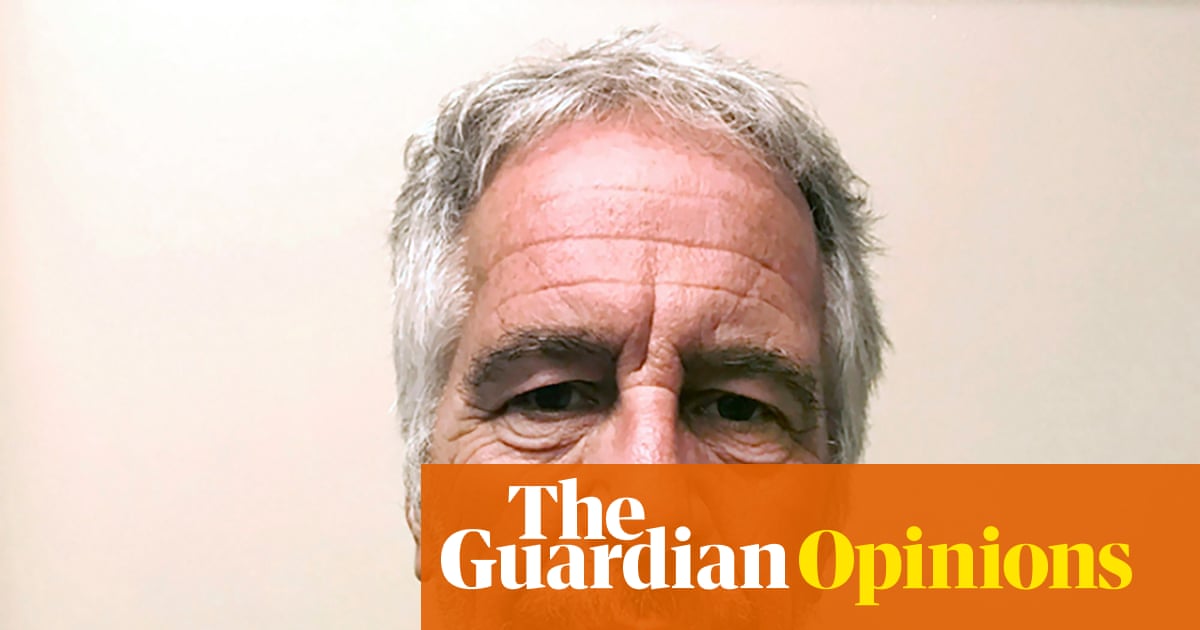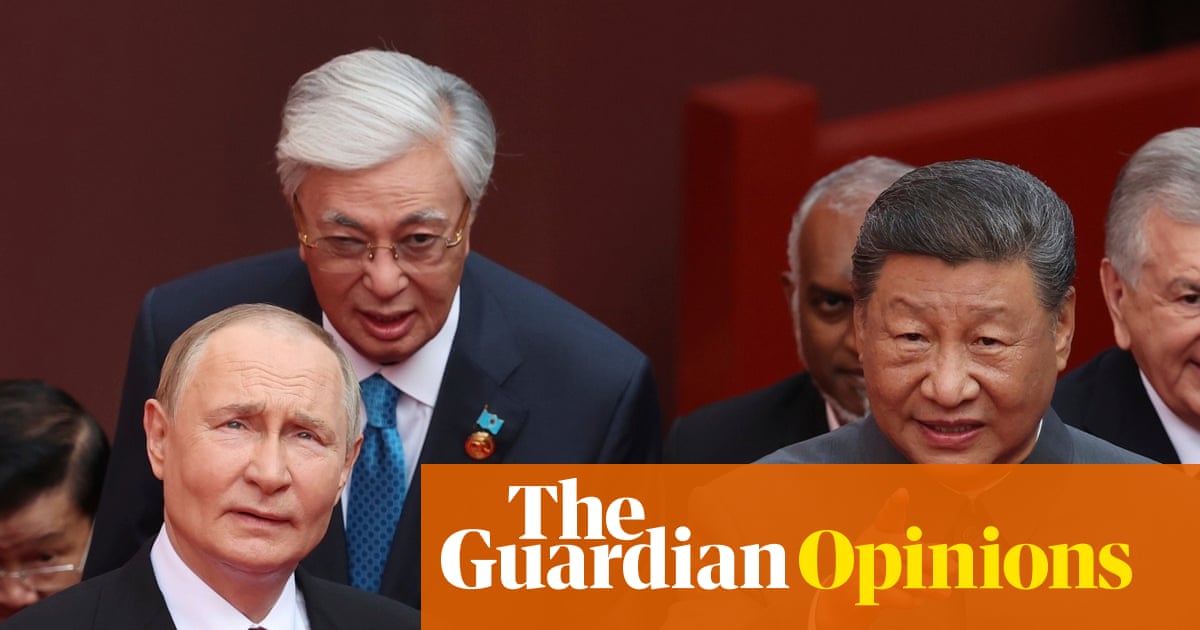Donald Trump dramatically left the G7 Summit in Canada a day early to rush back to Washington, with the French president, Emmanuel Macron, claiming the US leader was considering the prospect of a ceasefire between Israel and Iran.
“There is indeed an offer to meet and exchange. An offer was made especially to get a ceasefire and to then kickstart broader discussions,” Macron told reporters at the G7.
“We have to see now whether the sides will follow.”
Macron described the move as a positive development. “Right now I believe negotiations need to restart and that civilians reed to protected.”
He added that he didn’t believe things would change in the next few hours, but “since the US assured they will find a ceasefire and since they can pressure Israel, things may change”.
Trump told reporters he had to leave early for “obvious reasons”. Throughout the day he repeated that Iran must never possess a nuclear weapon, an ambition Iran denies.
“Much was accomplished, but because of what’s going on in the Middle East, President Trump will be leaving tonight after dinner with Heads of State,” press secretary Karoline Leavitt said on X.
At a morning meeting, Trump confirmed that he had received signals through intermediaries that Iran wants to de-escalate the fighting.
Trump, no fan of G7 Summits, decided to fly to Washington to brief his national security council, in doing so avoiding a day in which he would have been pressed over Ukraine and trade by his G7 colleagues.
The development came after 48 hours in which several Gulf States attempted to mediate between the US and Iran in a bid to secure a ceasefire and restart nuclear talks that were cancelled by Iran after the surprise attack mounted by Israel.
Earlier, in a joint phone call the French German and British foreign ministers urged Iran’s foreign minister, Abbas Araghchi, not to escalate the conflict by attacking the US or other regional players.
They also pressed Iran not to go ahead with a new threat to leave the nuclear non-proliferation treaty (NPT), a move that could presage an attempt to build a nuclear bomb in the face of its inability to fend off Israeli attacks. The ministers also urged Iran to withdraw its threat to reduce cooperation with the UN nuclear inspectorate the IAEA. The trio warned escalation will only cut Iran off from the remaining path back to diplomacy.
At the same time some European officials admitted ahead of the call they had no guarantees Trump would press Benjamin Netanyahu, the Israeli prime minister, to cease what was proving to be a devastatingly successful assault on the whole Iranian security apparatus.
Iran had said it will reopen talks with the US on its nuclear program only once Washington orders Israel to stop its bombing campaign. Some European officials admitted they could not be sure whether Trump still wanted to reach a diplomatic deal with Iran or had irrevocably, if covertly, committed to backing Israel’s efforts to destroy Iran’s nuclear program through force.
Trump in a social media post called on Iranians to evacuate the capital Tehran, a city of 10 million people suggesting the president was not putting any brakes on the Israeli government. A US official also said Trump would not sign a draft G7 statement calling for de-escalation of the Israel-Iran conflict.
Israel has been pressing for the US to join the assault, but there was no clear indication that Trump’s return to Washington was a prelude to direct US military action. The White House and the Pentagon strongly played down any suggestion that the US was about to join the conflict, saying instead the US was maintaining its defensive posture.
In his comments backing a ceasefire, Macron said any attempt at regime change through force would be a strategic error.
Speaking to media at the G7, Macron said. “Anyone who believes that by striking with bombs from outside you save a country in spite of itself and against itself has always been wrong”.

 2 months ago
37
2 months ago
37

















































